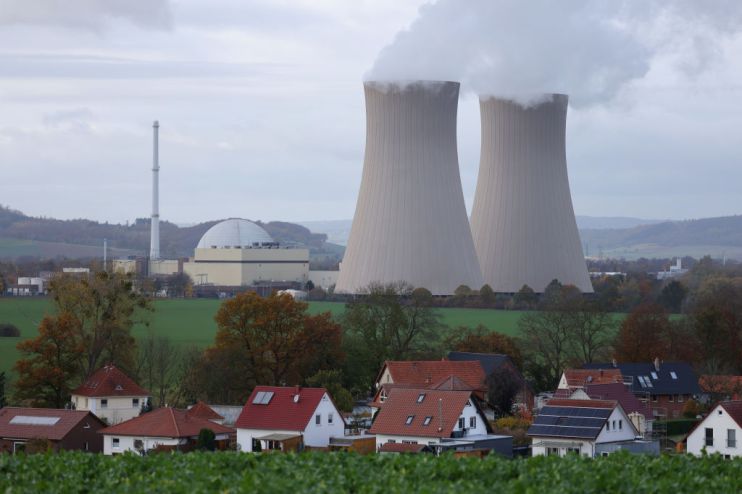End of an era: Germany shuts down last three nuclear power plants

Germany has pulled the plug on its last three nuclear power stations, ending a six-decade programme that spawned one of Europe’s strongest protest movements but saw a brief reprieve due to the Ukraine war.
The smoking towers of Isar II, Emsland and Neckarwestheim II reactors were to shut forever by midnight on Saturday as Berlin enacts its plan for fully-renewable electricity generation by 2035.
Following years of prevaricating, Germany pledged to quit nuclear power definitively after Japan’s 2011 Fukushima disaster sent radiation spewing into the air and terrifying the world.
But the final wind-down was delayed last summer to this year after Moscow’s invasion of Ukraine prompted Germany to halt Russian fossil fuel imports.
Prices soared and there were fears of energy shortages around the world – but now Germany is confident again about gas supplies and expansion of renewables.
Germany’s commercial nuclear sector began with the commissioning of the Kahl reactor in 1961: eagerly promoted by politicians but met with scepticism by companies.
Seven commercial plants joined the grid in the early years, with the 1970s oil crisis helping public acceptance.
Expansion, however, was throttled to avoid harming the coal sector, said Nicolas Wendler, a spokesperson for Germany’s nuclear technology industry group KernD.
But by the 1990s more than a third of electricity in the newly-reunited Germany came from 17 reactors.
The next decade, a coalition government including the Greens – who grew out of the 1970s anti-nuclear movement – introduced a law that would have led to a phase out of all reactors by about 2021.
Former Chancellor Angela Merkel’s conservative-led governments went back-and-forth on that – until the Fukushima disaster confirmed their decision.
The last three plants contributed only around five per cent of electricity production in Germany in the first three months of the year, according to the economy ministry.
And nuclear power made up just six per cent of Germany’s energy production last year, compared to 44% from renewables, data by the federal statistics office showed.
Still, two thirds of Germans favour extending the lifespan of reactors or connecting old plants back to the grid, with only 28 per cent backing the phase-out, a survey by the Forsa institute showed earlier this week.
The government says supply is guaranteed after the nuclear phase-out and that Germany will still export electricity, citing high gas storage levels, new liquid gas terminals on the north coast and renewable energies expansion.
Reuters – Riham Alkousaa and Maria Martinez
